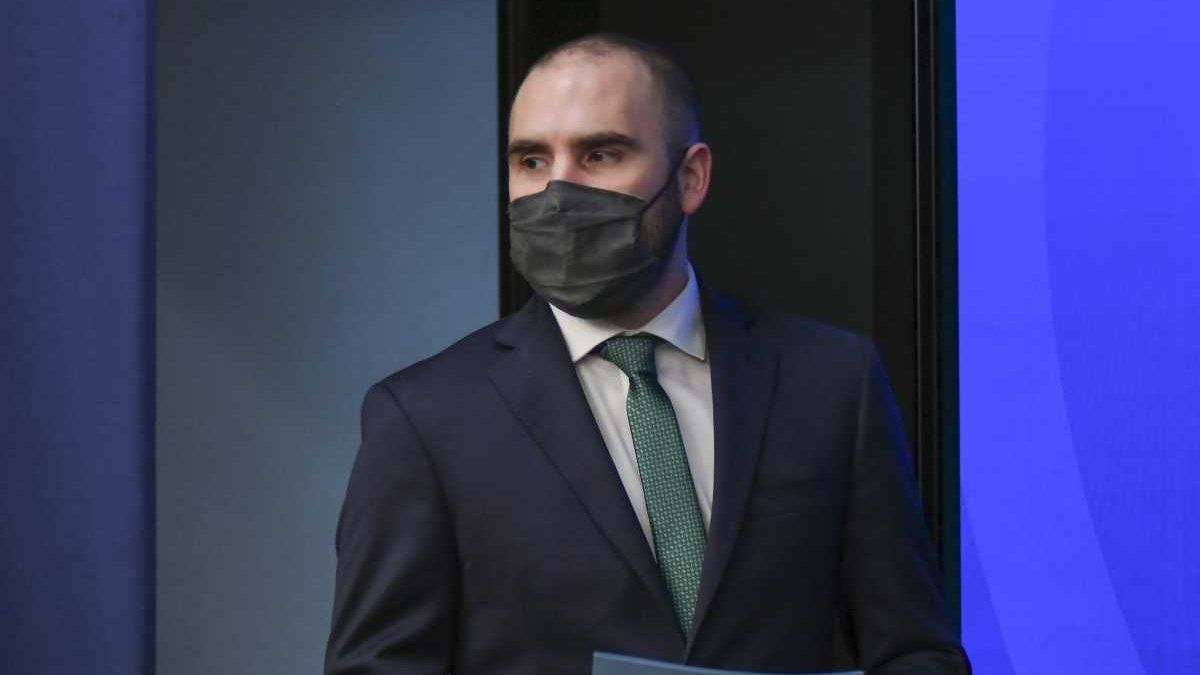With the negotiations against the clock, the doubts of the IMF and the Argentine government are in four key points:}
1. Rate subsidies
The government advances in a 20% increase in electricity rates and a similar percentage in gas. Added to this is the proposed rate segmentation in higher residential neighborhoods. However, that amount is far from the one proposed not only by the companies (which request increases from 60%) but also by the Fund. Even with the increases and the segmentation, it would not be enough to cover the costs that would be, according to private estimates, close to 50%. In this way, the progressive reduction of subsidies – which the Fund stated in its latest statement – seems far from desired and the government would not be willing to give in.
2. The fiscal balance
The outlook for fiscal balance in 2025 seems optimistic. According to analysts, the main government debate is where the government should contract to increase investment in productive sectors without shrinking the economy. While the government, through President Alberto Fernández, assured that no modifications will be made to the pension regime, it was admitted that the so-called “privileged retirements” of judges and ambassadors will be reviewed.
For the economist Nadin Argañaraz, president of the IARAF, reaching the primary balance is equivalent to achieving an extra collection of VAT that remains in the hands of the national government, or two extra collections of the check tax, among others. On the spending side, for example, it is not enough to eliminate energy subsidies, since a deficit of 3 percentage points of GDP is equivalent to 1.3 times this spending. It is also equivalent to 1.3 times the annual expenditure on public wages.
“The importance of the effort leads to promoting a gradual reduction, but it does not change it. The ideal is that the resources come from extra income derived from greater tax compliance or greater efficiency when allocating resources. the elimination of the deficit, the essential thing is that it be materialized from solid foundations and basically sustainable over time. An unsustainable adjustment generates more costs over time”.
3. Disbursements and reserves
When will IMF disbursements be seen? The Ministry of Economy has not yet resolved it, despite the fact that it was initially expected to arrive in March, when the first maturity of US$2.9 billion must be paid. As is known, the Central Bank is not in a position to face the payment and is negotiating against the clock to speed up the agreement and guarantee these funds.
Martín Guzmán announced that the agreement projects an accumulation of international reserves of US$5 million net. In 2021, it closed with nearly US$2 billion, in a record year for agriculture. With the cut in production due to climatic effects, the contribution of agriculture will be even less. For the time being, the government has guaranteed that the funds will be guaranteed by credits from international organizations and plans to increase reserves with the more stabilized situation in the foreign exchange market.
What is being negotiated until the last minute is that these SDRs, added to those corresponding to the March maturity date (a little over US$2.8 billion), are included in the first disbursement to be made by the IMF next month, once the new program is approved. The Government wants the amount to be even higher to build a greater buffer of incoming foreign exchange and minimize tensions before each quarterly review (on which the approval of each shipment from the Fund will depend to cancel the maturities of the debt contracted by Macri), but the organism is reluctant to extend the initial turn much further.
That point, together with the guideline for reducing energy subsidies and some details of the formulation of the “objectives that do not entail quantitative goals” are the aspects that remain to be defined in the technical agreement with the Washington staff. In the Argentine negotiating team they trust that the understanding will be closed this week to arrive on time before the deadline that represents the expiration of March 22 due to the shortage of reserves.
4. Political backing
Once the agreement has been made, the second step will be to send it to Congress for debate and for a vote by the Fund’s board. With the differences in the ruling coalition exposed, the concern in Washington is whether the government will get the votes needed to achieve a broad consensus on the deal.
Source: Ambito
David William is a talented author who has made a name for himself in the world of writing. He is a professional author who writes on a wide range of topics, from general interest to opinion news. David is currently working as a writer at 24 hours worlds where he brings his unique perspective and in-depth research to his articles, making them both informative and engaging.




